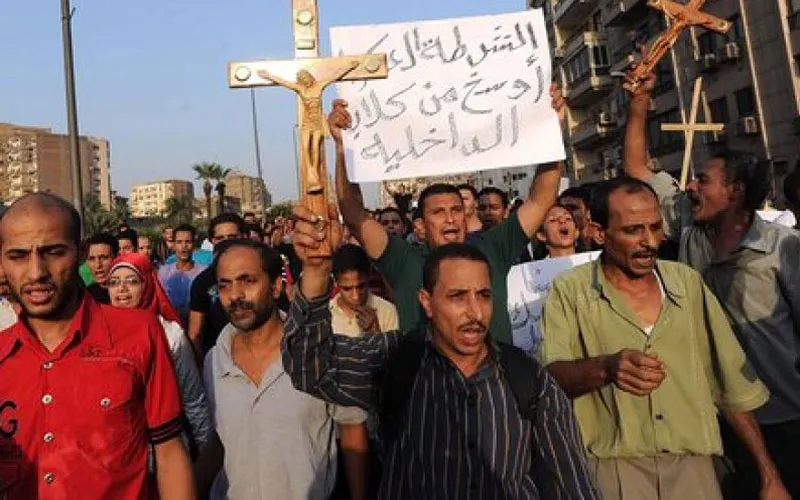Cairo, 03 March, 2021 / 5:35 pm (ACI Africa).
The future is promising for the Catholic Church and the Evangelical community in Egypt following a decree by the country’s President that permits formation of bodies that are aimed to champion for Religious equality.
Egyptian President Abdel Fattah El-Sisi decreed to form Boards of Directors of endowment bodies for the Catholic Church and the Evangelical Community on Monday, March 1.
This follows a bill that Egypt’s parliament passed last August, calling for the establishment of endowment bodies for churches, with the aim to achieve equality among the Egyptian Christian groups.
Egypt Today has reported that according to the law, each of the Catholic and Evangelical churches will be allowed to have its own endowment authority, which will be enjoying a legal status and will be headquartered in Cairo.
The decree coincides with a recently launched report that has unearthed incidences of discrimination against minority Religious groups in the North-Eastern African country that has, for the past 150 years, worked on building and legalizing the status of hundreds of churches.








